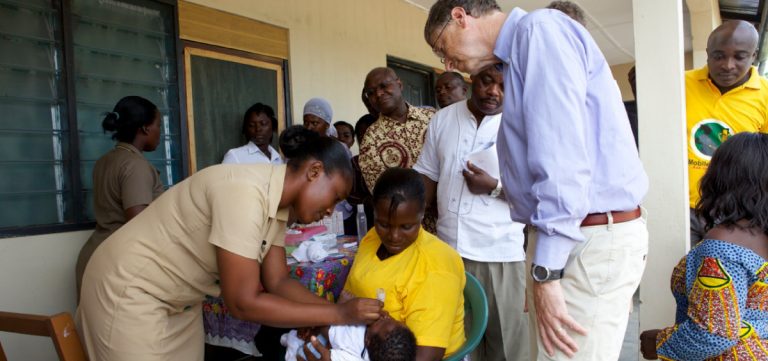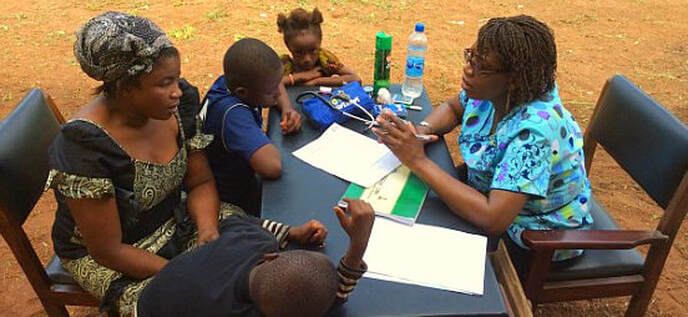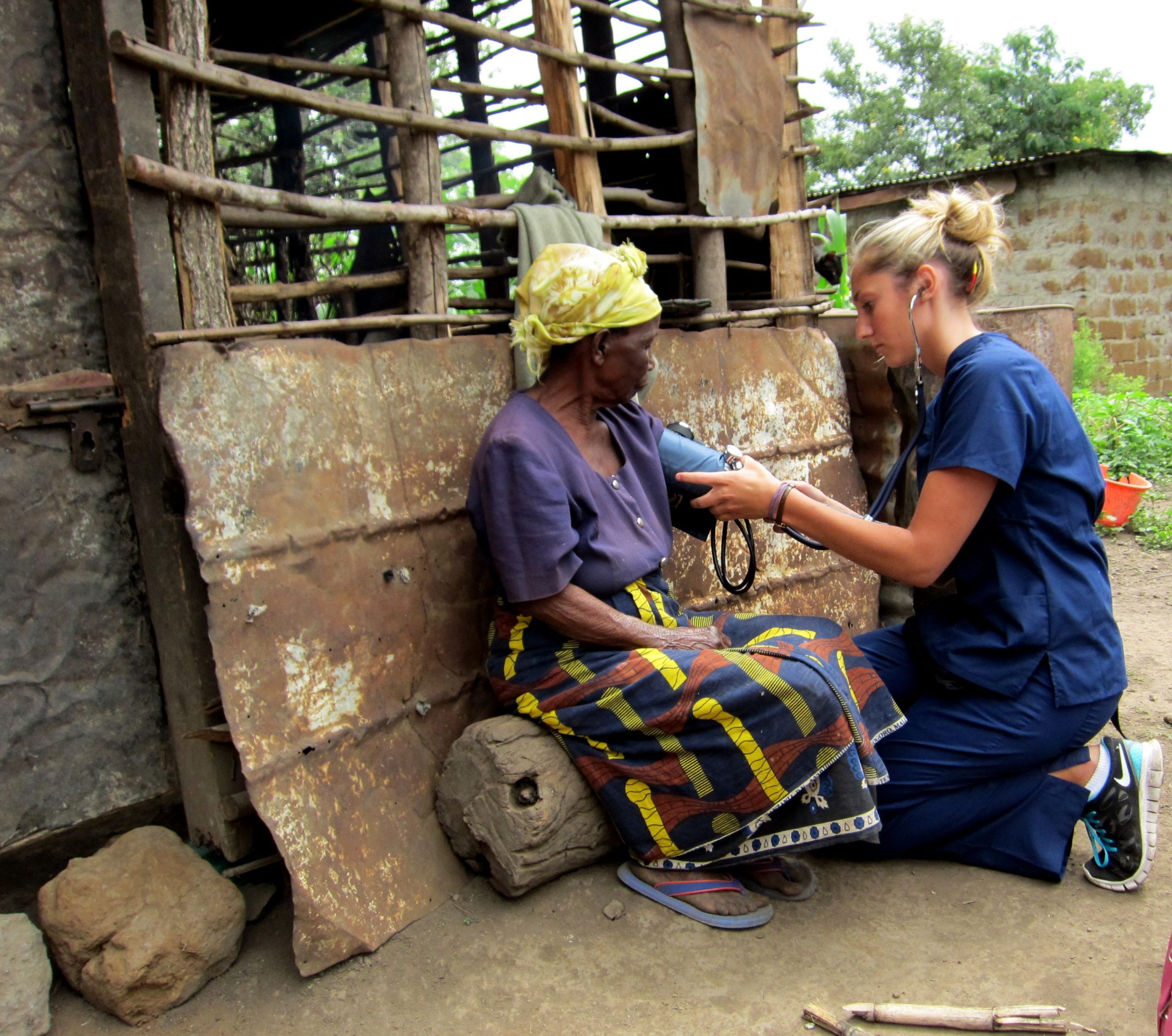Introduction
Health disparities exist when certain groups of people have poorer health outcomes than others. These are often linked to social determinants of health, such as poverty, limited access to healthcare services, and lack of education.
A community health worker is a professional who has been trained to provide basic health education, therapy, and other necessary support to members of a particular community. CHWs are well-equipped to address these health disparities because they work closely with their communities and understand the unique social, cultural, and economic factors that influence health.
Roles of the community health worker
1. Health education and promotion
They educate the community about healthy lifestyle behaviours, disease prevention and self-care practices.
2. Support and therapy to individuals
CHWs provide support and counselling to persons with chronic conditions such as diabetes, hypertension, asthma, and HIV/AIDS. CHWs help individuals manage their conditions and prevent further complications that can lead to hospitalization and disability.
3. Aid access to healthcare services
CHWs, as part of their roles, help individuals explore the healthcare system, schedule appointments, and connect with healthcare providers.
4. Intermediary between the healthcare providers and the community
Certain individuals who have special needs are mostly denied access to healthcare facilities. As a result, CHWs ensure that such patients receive the attention and care they require.
5. Tackle the social determinants and causes of health disparities
The CHWs assist the community in getting access to services and resources such as food, secured housing, adequate water supply, and transportation.
CHWs handle the root factors responsible for health disparities by advocating for policies and programs that would eradicate such discrimination, such that there would be an improvement in health equity at the various healthcare facilities.
Conclusion
Community health workers play an essential role in resolving health disparities. By working hand-in-hand with the communities, CHWs provide education, counselling, and support to improve quality healthcare outcomes. They also ensure easy access to healthcare services and confront the social determinants of health that result in various health disparities. As healthcare systems continue improving, CHWs will remain an important part of the healthcare workforce.






